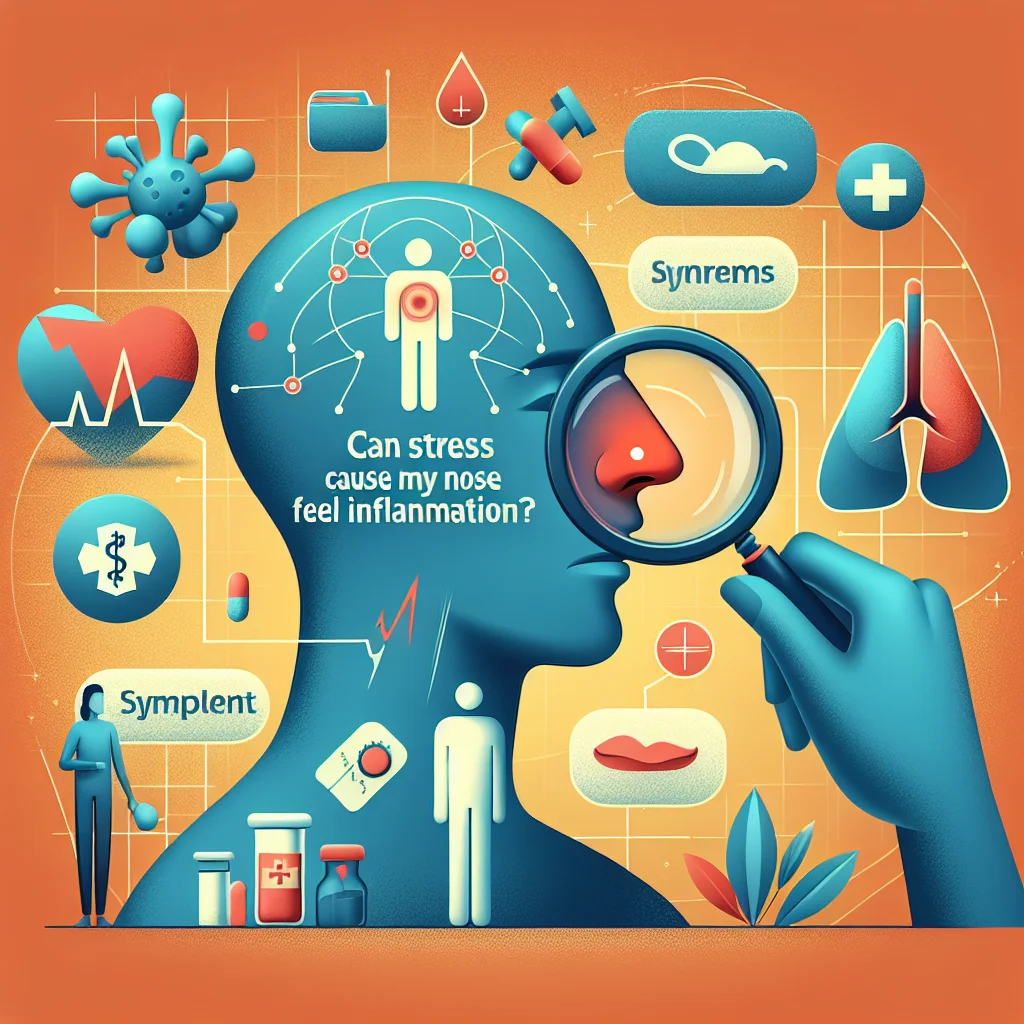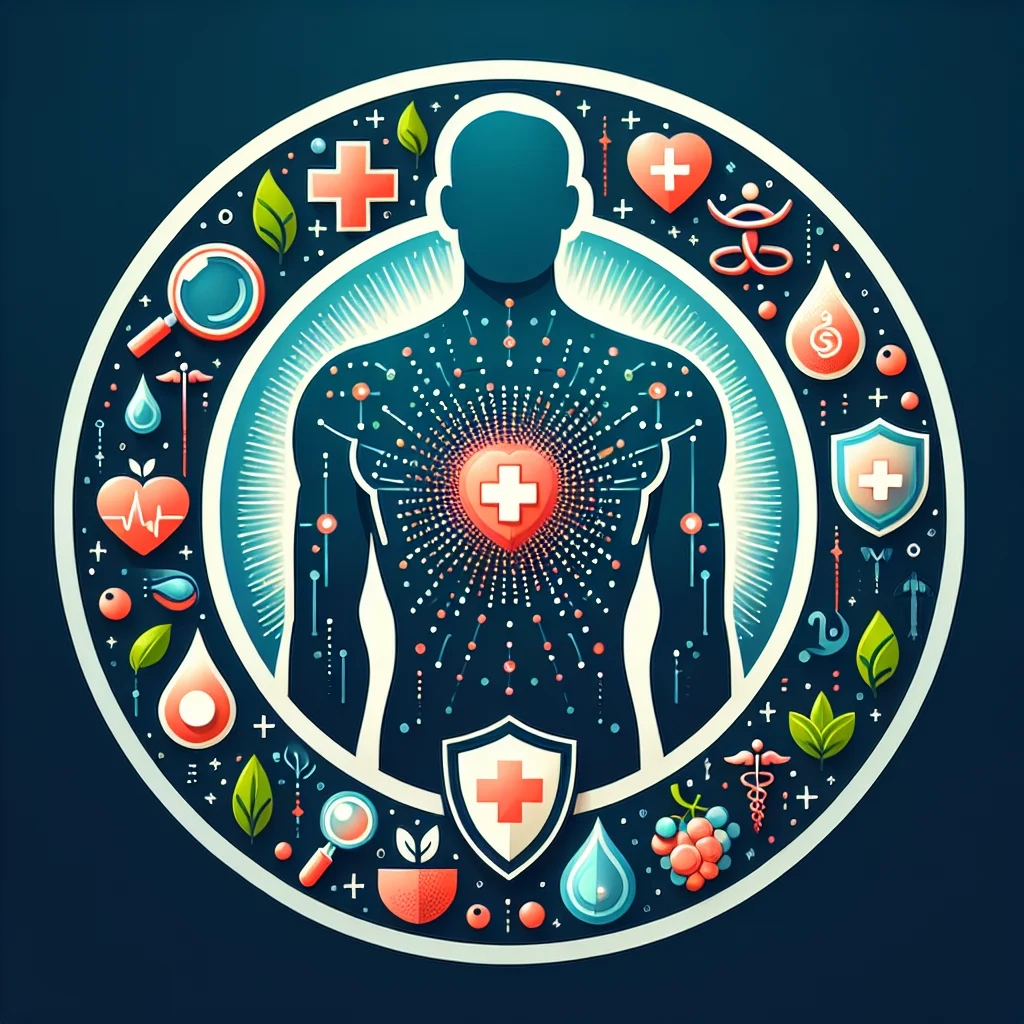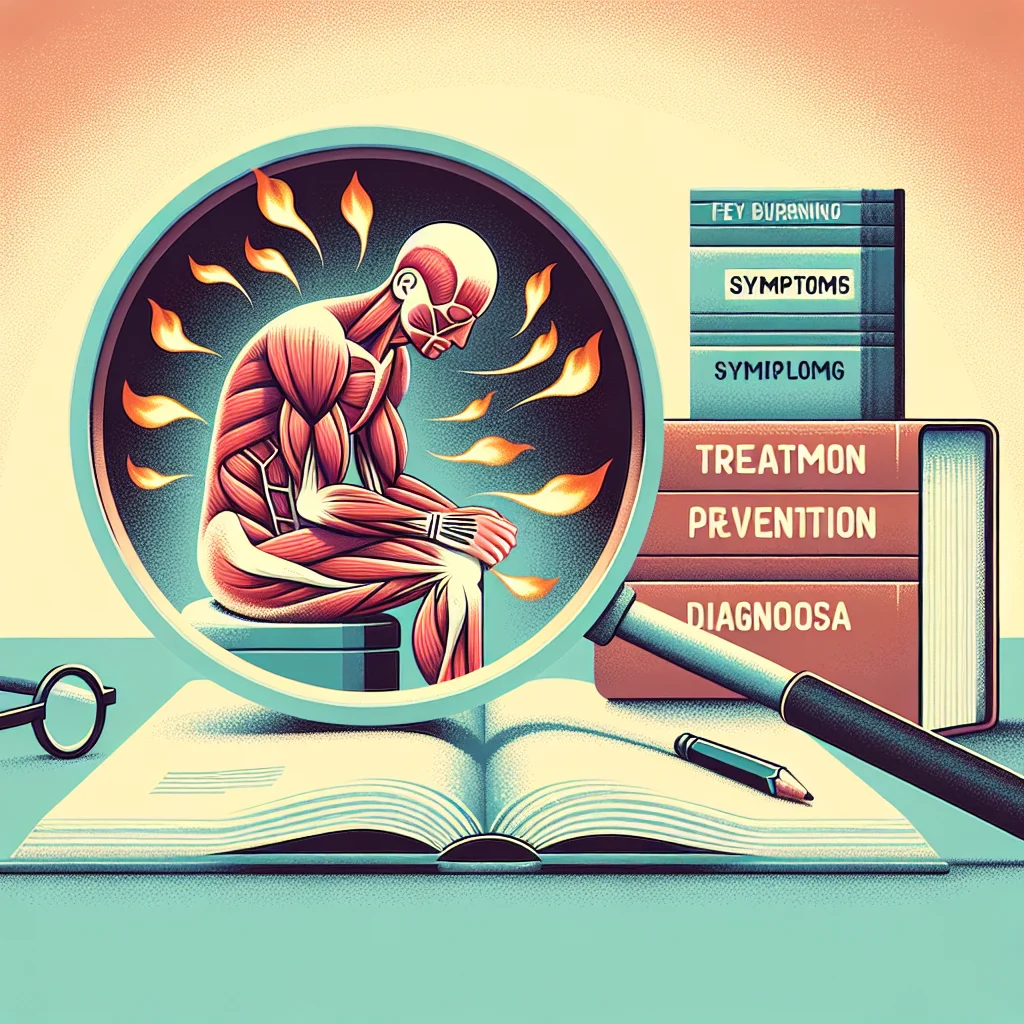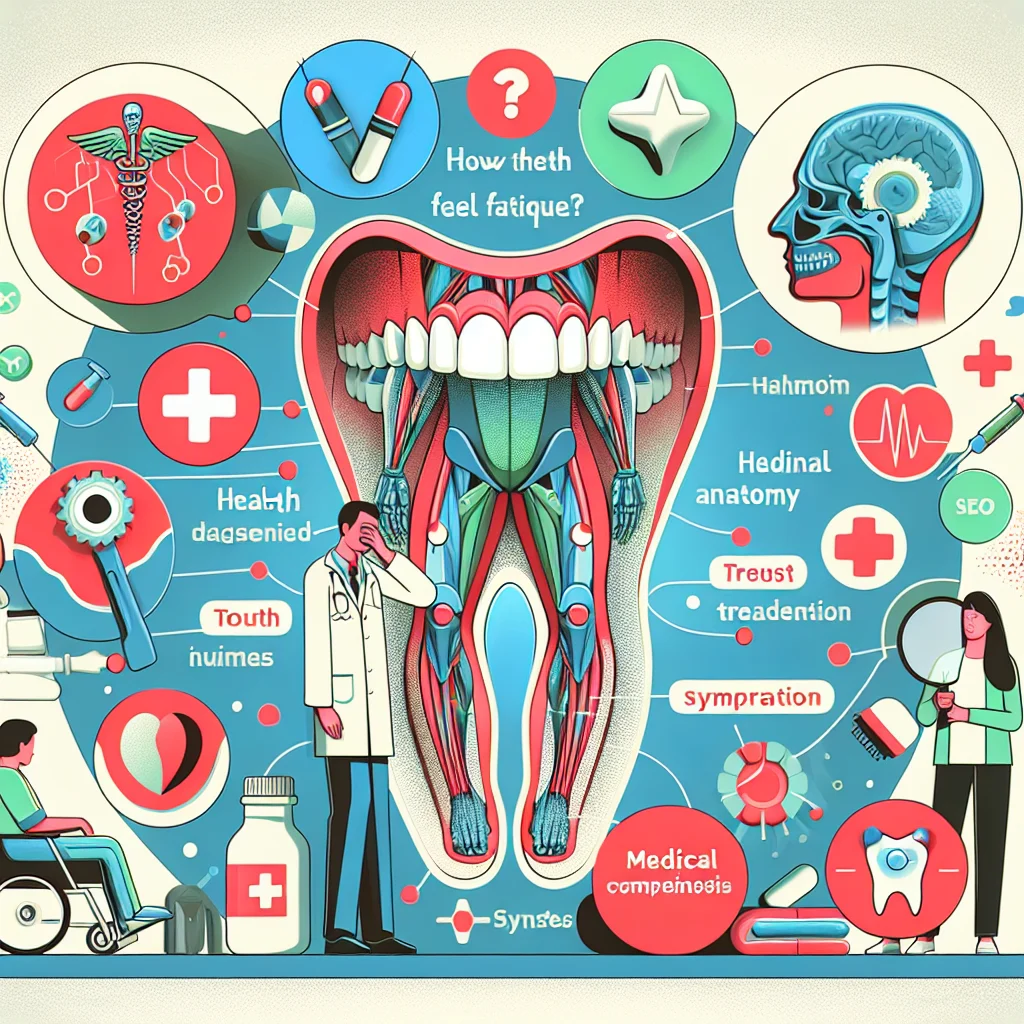
Possible Causes and Medical Insights
Back soreness is a common complaint that affects people of all ages and lifestyles. The causes of back soreness can range from muscle strains due to poor posture or overuse, to underlying medical conditions such as herniated discs or arthritis. Everyday activities like lifting heavy objects, sitting for prolonged periods, or even sleeping in an awkward position can also contribute to discomfort. Understanding what causes your back to feel sore is crucial for finding the right solution and preventing future issues.
Medical insights suggest that back soreness may also result from less obvious sources such as stress and sedentary habits. Chronic stress can lead to muscle tension, while a lack of physical activity can weaken the muscles supporting your spine. Sometimes, medical conditions like osteoporosis or degenerative disc disease may be underlying factors. Consulting a healthcare professional can help determine the exact reason behind your back soreness, ensuring you receive appropriate care and health advice tailored to your needs.
Symptoms and Risk Factors
The symptoms of back soreness can vary widely, from a dull, persistent ache to sharp, shooting pains that limit your mobility. Some people may also experience stiffness, muscle spasms, or a sensation of tightness in the affected area. It's important to note whether the soreness occurs suddenly after a specific activity or gradually over time, as this can help identify the root cause. Other symptoms might include pain radiating down the legs or numbness, which could indicate nerve involvement and require prompt medical insight.
Certain risk factors can increase the likelihood of developing back soreness. These include aging, being overweight, leading a sedentary lifestyle, or having a job that involves repetitive lifting or twisting. Poor posture, weak core muscles, and previous injuries can also contribute to the problem. Recognizing these risk factors allows you to take proactive steps in prevention and seek medical advice if symptoms persist or worsen over time.
Diagnosis and When to See a Doctor
Diagnosing the cause of back soreness typically begins with a thorough health history and physical examination. Your healthcare provider may ask about your daily activities, recent injuries, and other symptoms to narrow down potential causes. In some cases, imaging tests like X-rays, MRI, or CT scans may be recommended to rule out structural issues or more serious conditions. Accurate diagnosis is key to effective treatment and long-term relief.
It's important to know when to seek medical attention for back soreness. If you experience severe pain, unexplained weight loss, fever, or loss of bladder or bowel control, these may indicate a more serious underlying issue requiring immediate medical care. Persistent or worsening symptoms despite home remedies should also prompt a visit to your doctor. Early intervention can prevent complications and help you return to your daily activities with confidence.
Prevention and Home Remedies
Preventing back soreness starts with maintaining good posture, staying active, and practicing regular stretching and strengthening exercises. Simple lifestyle changes, such as using ergonomic furniture, taking frequent breaks from sitting, and lifting objects using proper techniques, can make a significant difference. Maintaining a healthy weight and avoiding smoking are also important steps in reducing your risk of developing back soreness.
For mild cases of back soreness, home remedies can provide effective relief. Applying heat or cold packs, taking over-the-counter pain relievers, and practicing gentle stretching can ease discomfort. Incorporating stress management techniques like deep breathing or yoga may also help reduce muscle tension. However, if your symptoms persist or are accompanied by other concerning signs, it's best to consult a healthcare professional for tailored health advice and medical insight.














